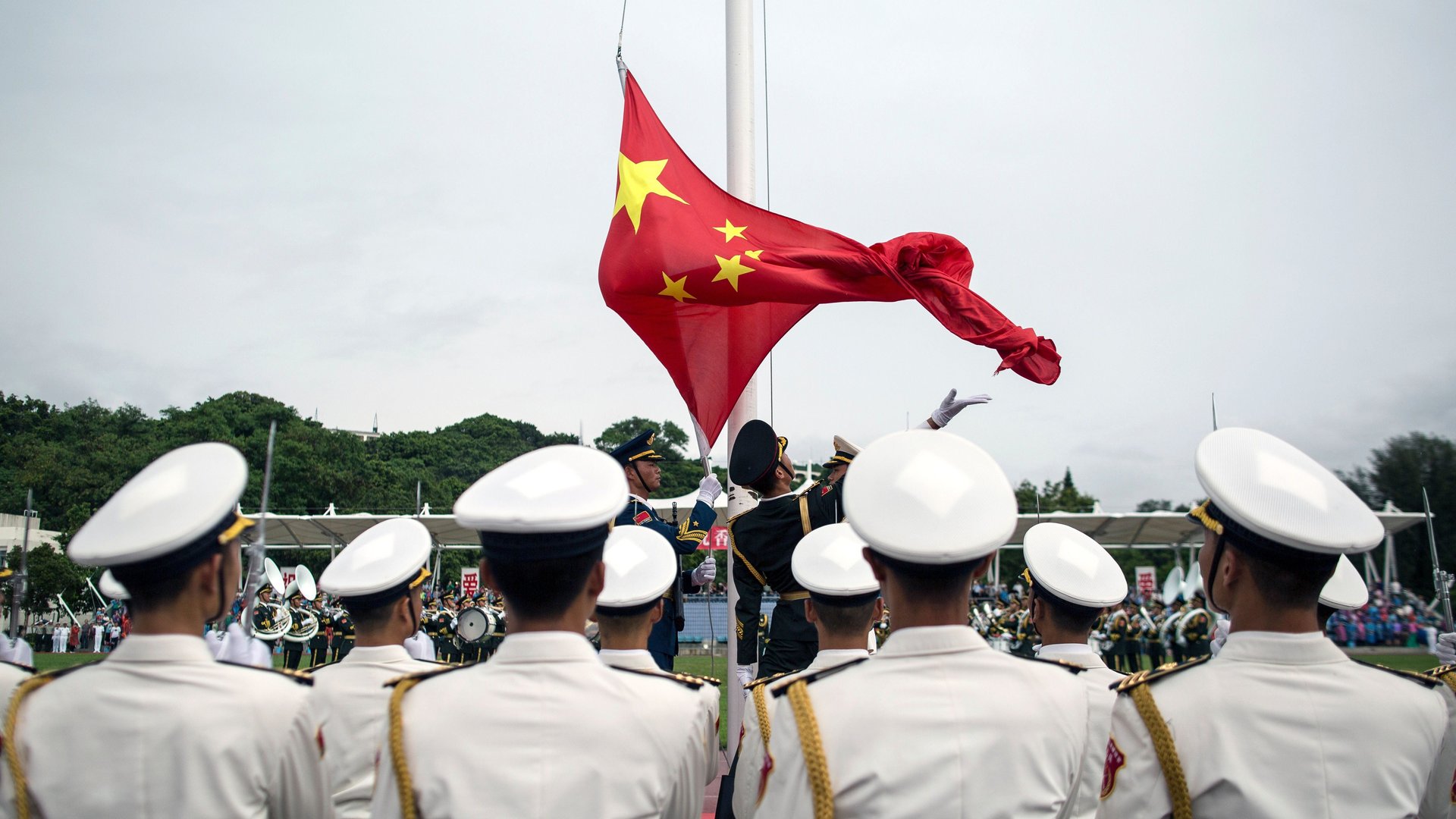US-China tensions are escalating in Africa as lasers are pointed at US planes over Djibouti
The growing friction between the United States and China in the Horn of Africa has taken on a new twist.


The growing friction between the United States and China in the Horn of Africa has taken on a new twist.
US military officials have officially complained to China about using military grade lasers to distract its fighter pilots in recent weeks. Terming the event as “very serious,” the Pentagon said 10 similar incidents took place in Djibouti, where both countries operate military bases a few miles from each other. While US officials say the intent of the target was unclear, two pilots on a cargo plane experienced minor eye injuries after being exposed to the laser beam.
Aiming a laser at an aircraft is considered a safety hazard and can completely distract and incapacitate pilots. Laser beams also have tactical military use including helping mark targets or blinding sensors and cameras. In response to the recent events, US aircrews in Djibouti have begun using eye protection and visors as shields against the lasers, besides checking their flight plans don’t coincide with operations by the Chinese, The Wall Street Journal reported.
The latest escalation between the two superpowers comes as the US is worried about China’s growing influence in Africa. It also comes as the two nations engage in a trade war just months after the US prioritized countering China and Russia at the heart of its new national defense strategy—a move China compared to “Cold War and zero-sum game mindset.”
Since opening its first overseas military base in Djibouti last year, American generals have also worried that Chinese “encroachment” in the region could hinder their operations at Camp Lemonnier, their lone permanent base in Africa. In his first and last visit to Africa as secretary of State, Rex Tillerson also lamented Beijing’s economic engagement model saying it mired African nations, including Djibouti, in debt.
China, on its end, has pushed its “win-win” cooperation strategy, viewing the continent as a business partner, providing loans, peacekeeping troops, besides building much-needed infrastructure. Last month, it opened the first overseas station for its satellite navigation system BeiDou in Tunisia in a bid to promote digital and technological exchange.
After conducting “serious checks,” China refuted the allegations that it pointed lasers at US military aircraft. “You can remind relevant people in the US to pay attention to facts and not to make groundless accusations,” the foreign ministry said.